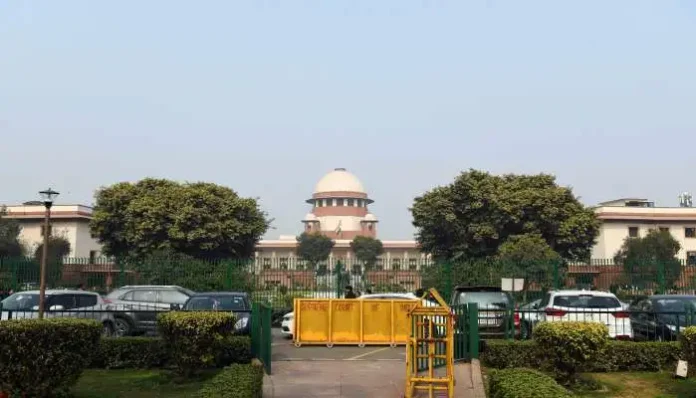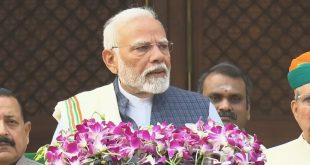
New Delhi: On 10 July 2024, the Supreme Court gave an important verdict saying that alimony is not a donation or charity but it is the right of married women and it applies to all married women, irrespective of their religion. A bench headed by Justice BV Nagarathna said that under Section 125 of the Code of Criminal Procedure, a Muslim woman is also entitled to seek alimony from her husband.
The Supreme Court on Wednesday gave a major decision in favor of Muslim women. The court said that any Muslim divorced woman can ask for alimony from her husband. For this, women have talked about filing a petition under Section 125 of CrPC.
The bench stressed that alimony is not a charity but a right of every married woman and all married women are entitled to it, women of all religions will get equal benefits. The rule said, ‘The Muslim Women (Protection of Rights on Divorce) Act, 1986 will not be given preference over the secular and religion-neutral provisions of Section 125 of CrPC.
Alimony is not charity
The bench further said that alimony is not a donation but a right of married women. This section applies to all married women, irrespective of their religion. Muslim women can also resort to this provision. Justice Nagarathna, while delivering the verdict, said that we are dismissing the criminal appeal with the conclusion that Act 125 will apply to all women.
What is the matter?
A Muslim man named Abdul Samad had challenged the Telangana High Court’s order to pay alimony to his wife in the Supreme Court. In the Supreme Court, the man had argued that a divorced Muslim woman is not entitled to file a petition under Section 125 of the CrPC. The woman will have to follow the provisions of the Muslim Women Act, 1986 Act to protect her rights on divorce. In such a situation, the question before the court was whether the Muslim Women Act, 1986 should be given priority in this case or Section 125 of the CrPC.
After hearing the arguments of petitioner’s lawyer Wasim Qadri, the Supreme Court reserved its decision in the case on February 19. It appointed lawyer Gaurav Agarwal as amicus curiae to assist the court in the case. Qadri argued that the 1986 law is more beneficial for Muslim women than Section 125 of the CrPC.
The Telangana High Court did not stay the family court’s decision to grant interim alimony to Samad’s wife on December 13, 2023. However, it reduced the amount of alimony from Rs 20,000 per month to Rs 10,000, to be paid from the date of filing the petition.
Samad had argued in the High Court that the couple had got divorced in 2017 as per personal law and they also have a divorce certificate, but the family court did not consider it and passed an order to grant interim alimony to his wife.
Why is the decision being linked to the Shah Bano case?
Even in 1985, the Supreme Court had said in its judgment in the Shah Bano case that Section 125 of the CrPC is a secular section, which applies to all women. After this, in 1986, the then Rajiv Gandhi government overturned this decision by passing the Muslim Women (Protection of Rights on Divorce) Act in Parliament.
 Suspense Crime Sach Ka Dam
Suspense Crime Sach Ka Dam


